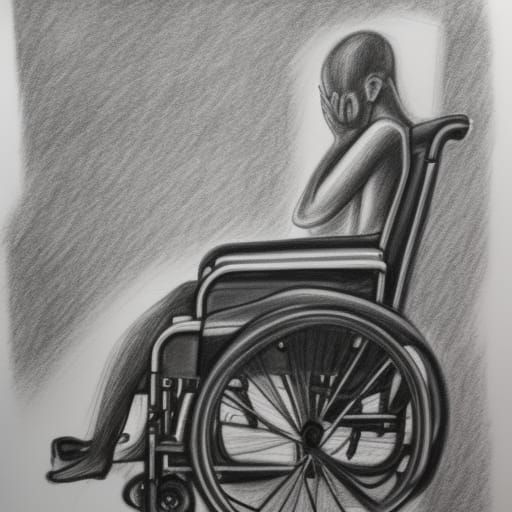Obesity in Social Security Disability: A Brief History and Current Adjudication
Obesity can be a complex and challenging condition to evaluate in a Social Security Disability claim.
Obesity is a growing health concern in the United States and has become a common factor in disability claims. In the past, Social Security Disability had a specific listing for obesity, but it was removed in 1999. This article will provide a brief history of the obesity listing, the reasons for its removal, and how it is now adjudicated in Social Security Disability claims.
History of Obesity Listing
Before 1999, Social Security Disability had a specific listing for obesity, Listing 9.09. This listing stated that if an individual had a Body Mass Index (BMI) of 40 or higher, they were considered disabled under Social Security's criteria. The listing also provided additional requirements for individuals with a BMI between 35 and 39.9, who had other obesity-related impairments, such as sleep apnea, hypertension, or cardiovascular disease.
Reasons for Removal
The removal of the obesity listing was not due to a lack of recognition of obesity as a serious health condition. Instead, it was removed because Social Security's medical experts believed that obesity-related impairments could be adequately evaluated under other listings. In particular, the musculoskeletal and respiratory listings could be used to evaluate obesity-related impairments such as joint pain, difficulty walking, and breathing problems. Furthermore, Social Security recognized that there is no clear cut-off point for when obesity causes functional limitations, and that the impact of obesity on an individual's ability to work is highly individualized.
Current Adjudication
Now, to be found disabled due to obesity, an individual must show that their obesity, alone or in combination with other impairments, causes significant functional limitations that prevent them from performing substantial gainful activity. Social Security evaluates the individual's ability to perform work activities, such as sitting, standing, walking, and lifting, in light of their obesity-related impairments. The evaluation considers the individual's age, education, work experience, and residual functional capacity (RFC), which is the most an individual can do despite their limitations. It is important to note that obesity alone does not meet the criteria for disability under Social Security's regulations. Instead, it is considered a medical condition that may contribute to a finding of disability when evaluated in combination with other impairments.
Conclusion
Obesity can be a complex and challenging condition to evaluate in a Social Security Disability claim. It is important for individuals with obesity-related impairments to seek medical treatment and document their functional limitations. An experienced law firm limited to social security disability, such as di Lorenzo and Wilcox, can help navigate the Social Security Disability system and gather the necessary medical evidence to support a disability claim. At di Lorenzo and Wilcox, we are committed to helping individuals and families access the benefits they need and deserve.











